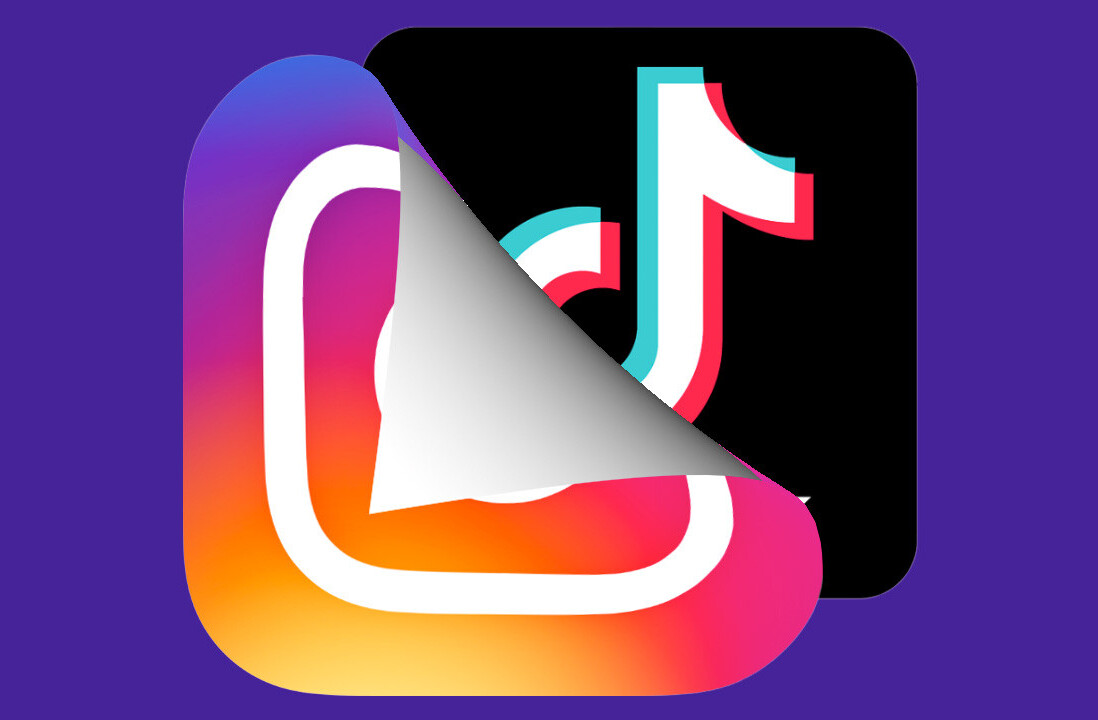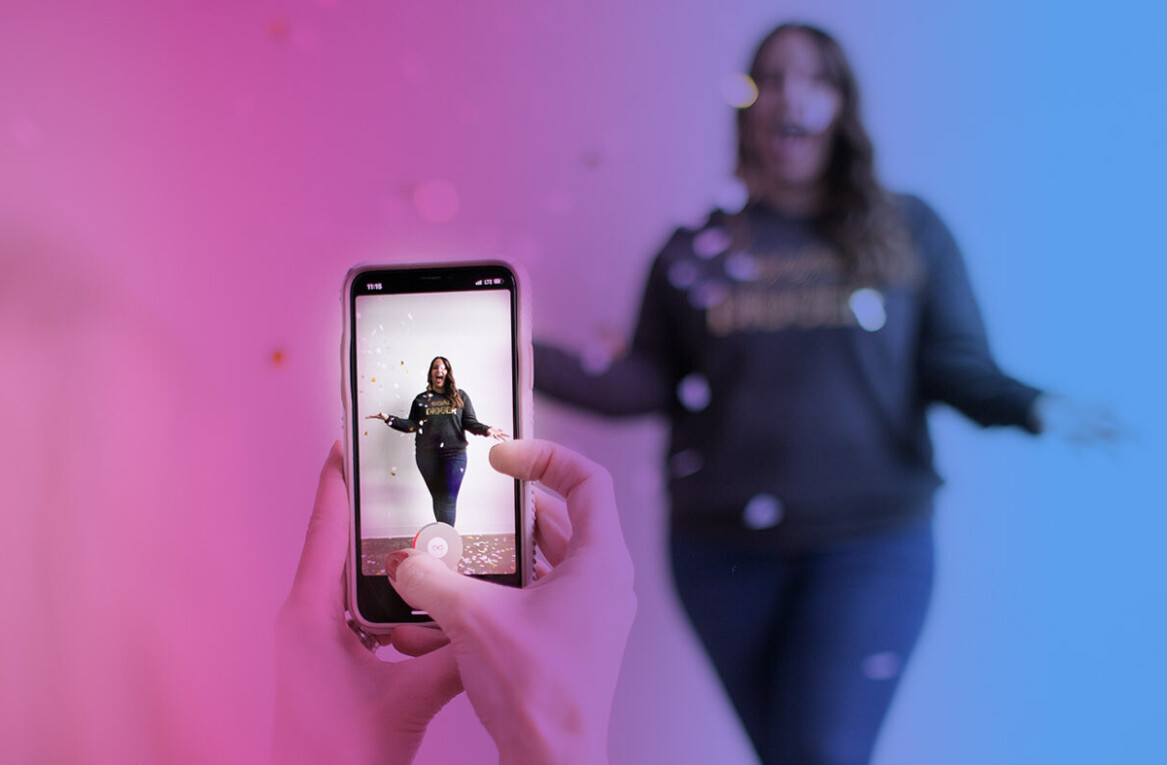
Where does your Internet journey start? Facebook? Twitter? Perhaps you still see the Google home page when you fire up your browser? Or does it automatically load your favourite website, The Next Web? Where your surfing session starts matters because it influences how you’re using the world wide web.
The websites you visit and the networks you use colour the information you receive. It matters, but are you aware how much it matters? Are you looking for information or entertainment? Are you looking in the right places? What would happen if you solely depended on one website to decide what your Internet experience will be like? In theory, let’s take a look at what your experience would look like if you solely survived on just Facebook, Google or Twitter.
 If Google is your homepage, you’re very much using the Internet to find things. You’re looking up answers, you’re looking up websites. You are relying on your own wisdom– coming up with search terms, and Google’s– finding the right site that relates to these terms. This way of using the Internet dates back from the golden years of search engines – when Altavista and Lycos offered popular alternatives to find whatever you needed.
If Google is your homepage, you’re very much using the Internet to find things. You’re looking up answers, you’re looking up websites. You are relying on your own wisdom– coming up with search terms, and Google’s– finding the right site that relates to these terms. This way of using the Internet dates back from the golden years of search engines – when Altavista and Lycos offered popular alternatives to find whatever you needed.
But the Web is changing. Social features have become massively important. In real life, people rely on one another. This behaviour is translating to the web in the form of Facebook and Twitter (in different ways). Thus, Google tries to implement social features in its search engine (+1 it is, then!) and while it will never turn its search engine itself into a full-blown social network, it at leasts tries to avoid people abandoning them for something more social.
Google, for now, mainly tries to keep the visitors that type URLs as search terms and that have almost forgotten about the omnibars at the top of the page. And it’s doing so pretty well. Thanks to Instant Search, the search engine is anything but old-fashioned.
 The most addicted Facebook users log into Facebook when they open their browser and stay there ’till they head of to do something else. Facebook users visit other websites obviously, but a big part of those visits are made because friends on Facebook recommended these links.
The most addicted Facebook users log into Facebook when they open their browser and stay there ’till they head of to do something else. Facebook users visit other websites obviously, but a big part of those visits are made because friends on Facebook recommended these links.
Facebook users rely on people and brands they like to recommend them the good stuff. Facebook users’ Internet experience is as coloured as Google’s is, but this time it’s not coloured by that big search company, but by people and brands you like and / or know. It’s custom Internet by you and your friends: closed off and tailored to your needs.
While you used to search for good sites and accidentally stumble upon them like many others have done and still do, that has now changed. To a great extent, you now expect to find out about new things via your friends, just like they expect you to find new things and share them on Facebook. It’s more entertainment than practical information you’re here for and it shows.
 Twitter may seem virtually the same as Facebook, a social experience, but that’s where you’re wrong. The connection between users is much less intense and less influential than on Facebook.
Twitter may seem virtually the same as Facebook, a social experience, but that’s where you’re wrong. The connection between users is much less intense and less influential than on Facebook.
A lot of webmasters have seen it in their statistics. Your Facebook page with 20,000 likes gathers more clicks than a Twitter account with 20,000 followers. Why? Twitter has a more open feel to it and users approach it with an open mind: not all retweets are recommendations, it may simply be a news item or an obligatory retweet.
This is why Twitter is more like a general Internet filter: it’s Internet tailored to your interests – but NOT limited to those interests. This is where Twitter differs from Facebook. Twitter is more in touch with hypes and trends than Google’s search engine and less formed by the taste of your “friends” than Facebook.
Twitter is more likely to show tweets you’re not interested in – yet. Twitter is constantly changing and expects you to change too and keep an open mind. Think back: has Twitter influenced your interests in the past year or two? But a tweet is also a temporary thing: it slowly fades away and then it’s gone. It will be replaced by new ones. Not necessarily better ones, but your feed is evolving as much as you are as a Twitter and Internet user.
Twitter ends up being a weird blend of trending information and entertainment. In that way it’s as adaptive as Facebook is – but in a more open way – and as adaptive as Google is trying to become with +1 and Social Search. Twitter is, in the end, more like Google than like Facebook, unless you’ve locked your account and are too self-aware of who you’re following.
Others
Google is not the Internet. Facebook and Twitter are not the Internet. 4chan, Bing, LinkedIn and TheNextWeb are not the Internet. They’re all part of the it though and you choose whether to use them or not. In daily life, your filter may be a combined effort from your Facebook friends and brands, Google search, Twitter network and other websites you visit.
The important thing is that the web is finally an open experience. Most of the content on the Internet is free and available. People are creatures of habit and rely on their network and sources to get somewhere. But don’t just rely on your homepage, don’t just rely on your favorite Internet hiding places. There’s more out there. It may blow your mind. There’s no right way to use the Internet. But reflecting on your habits certainly isn’t a bad thing. It could help you find something new.
Get the TNW newsletter
Get the most important tech news in your inbox each week.





